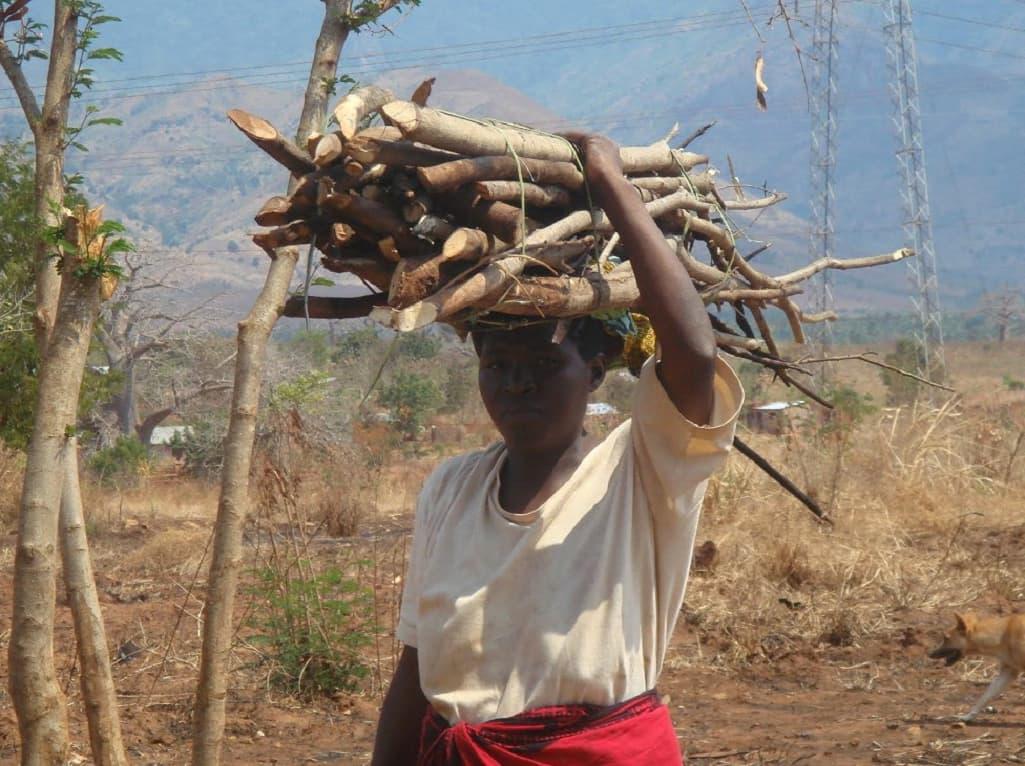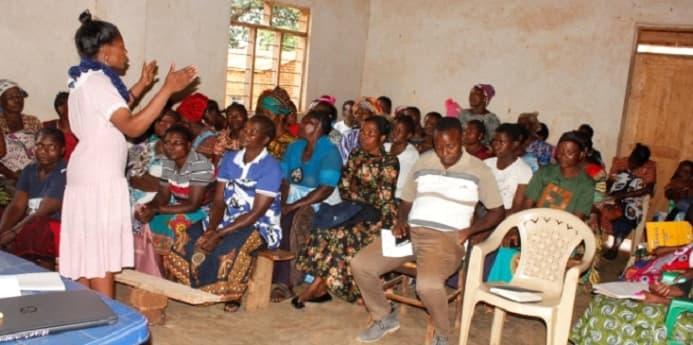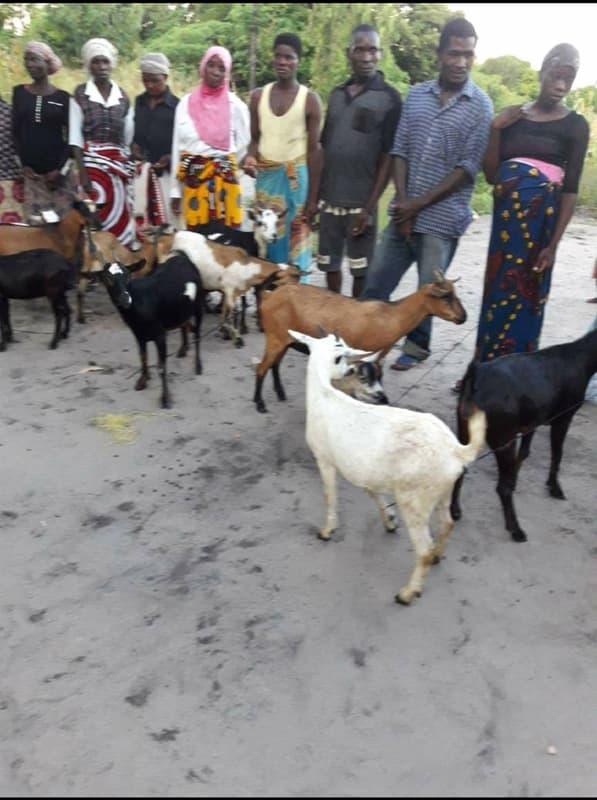Categories
Addiction & DetoxApollo 11 Lunar Mission
Bacteria
Chakra Balance
Chronic Fatigue
Common Cold
Dental Health
Electromagnetic Energy
Epstein-Barr Virus
Fungi
Galen Hieronymus
Hepatitis Virus
Herpes Virus
HIV Virus
Hormonal Imbalance
Influenza Virus
Instructional Videos
Introductory Articles
Lyme Disease
Malaria
Media
Minerals
Miracles
Natural Phenomena
Neurological Disorders
Neurotransmitters
Nutrition
OM Prakash Network HIV Testimonials
Pathogen Cleanse
PCR Test Results
Pet Health
Photographic Force Field
Programs
Quantum Diseases
Scalar Light Scientists
Shared
Shingles Virus
Short Explainer Videos
Superbugs
Testimonials and Case Studies
Uncategorized
Video Testimonials
Viruses
Weight Loss
Life and Hope in Tanzania

Originally Published: Phoenix Voyage
In Tanzania, women make up more than half of the workforce in the agriculture sector. The majority of these women work on family farms and small plots of land without receiving any payment. Although women farmers in their country work very hard, many remain poor due to multiple barriers, including lack of access to land.
What challenges does widowhood bring? As widows move through their own experiences of grief, loss, or trauma after the death of a spouse, they may also face economic insecurity, discrimination, stigmatization, and harmful traditional practices on the basis of their marital status.
Villages in Tanzania are almost alike in terms of the poverty of their people. In Tanzania, 85% of its population lives in villages practising subsistence farming. Tanzania like many other developing countries faces many challenges especially poverty, illiteracy and malnutrition. There are times when people go without food for 1 or 2 days.
Women and children walk long distances for fetching firewood and water. The farmers' produce has no reliable markets and where markets are, they have to sell at a low price that does not pay back their invested money. Many people in villages live on less than $0.5 per day. They cannot afford to meet school requirements for their children until they have support for their children who live in towns.
Women of Wasa village in the Mbozi district received goats donated by Tom Paladino and they are thankful for the assistance. They promise to multiply the goats and give the born goat to other needy families in the same situation.
Rural women play a key role in supporting their households and communities in achieving food and nutrition security, generating income, and improving rural livelihoods and overall well-being. They contribute to agriculture and rural enterprises and fuel local and global economies.
Tanzanian society is largely patriarchal and in many communities, women are under the control of men and often accorded a lower social status. Gender roles have, therefore, been stereotyped as being masculine and feminine, which affects the division of labour and resources within the household.

Wasa women attended the goat's events donated by Tom Paladino in collaboration with the Phoenix Voyage. The village Community Development officer addressed the women during the event.
